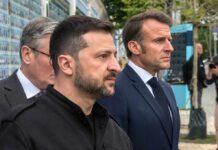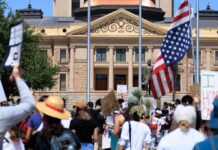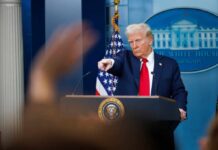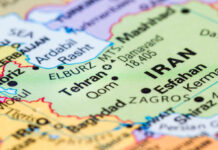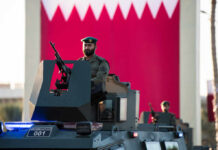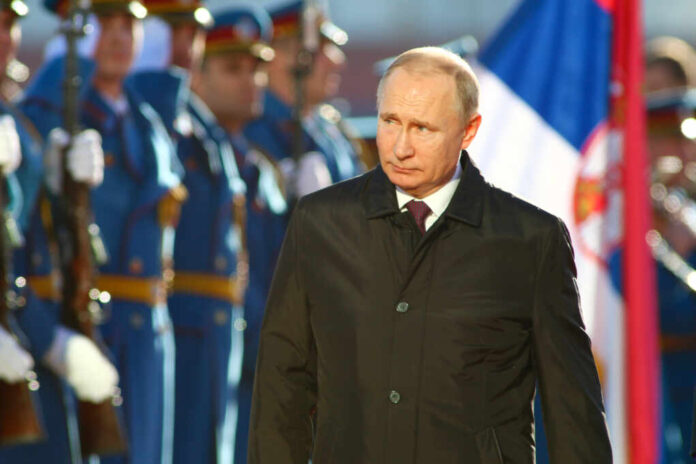
Putin skips Turkey ceasefire talks while continuing to reject Ukraine’s demand for a 30-day pause in fighting, raising questions about Russia’s commitment to peace negotiations.
At a Glance
- Ukraine-Russia peace talks in Istanbul ended without a ceasefire agreement, though they did arrange for the largest prisoner swap of the conflict
- President Putin rejected Ukraine’s request for a 30-day ceasefire while maintaining maximalist demands
- President Trump conducted a two-hour call with Putin, who expressed willingness to work on a peace accord but avoided committing to an immediate ceasefire
- Ukrainian President Zelenskyy urged Trump not to make decisions about Ukraine “without us” and called for stronger sanctions on Russia
- The Vatican has been suggested as a potential venue for future negotiations
Talks in Istanbul Yield Limited Progress
The recent face-to-face peace negotiations between Ukrainian and Russian delegations in Istanbul marked the first direct talks between the warring nations since 2022. Despite hopes for breakthrough agreements, the discussions yielded only one concrete outcome – an agreement to exchange 1,000 prisoners of war from each side, representing the largest such swap since the conflict began. Ukraine’s proposal for a 30-day ceasefire was firmly rejected by Moscow, which maintained its hardline position throughout the negotiations.
Ukrainian Defence Minister Rustem Umerov emphasized the necessity for direct engagement between Presidents Zelenskyy and Putin, suggesting that meaningful progress would require top-level dialogue. Meanwhile, Russian negotiator Vladimir Medinsky expressed satisfaction with the Istanbul talks and indicated willingness to continue discussions, though without yielding on substantive issues. For many observers, the Istanbul meeting represented a symbolic victory for Putin and a setback for Zelenskyy’s diplomatic efforts.
Trump’s Diplomatic Intervention
President Trump has recently inserted himself into the diplomatic efforts, engaging in a two-hour phone call with Russian President Vladimir Putin aimed at advancing ceasefire discussions. While Putin did not agree to an immediate cessation of hostilities, he reportedly expressed openness to beginning formal peace talks with Ukraine. Trump also communicated separately with Ukrainian President Zelenskyy and various European leaders in an attempt to coordinate diplomatic efforts across multiple fronts.
Trump described his conversation with Putin as positive, noting: “The tone and spirit of the conversation were excellent. Russia wants to do large-scale TRADE with the United States when this catastrophic ‘bloodbath’ is over, and I agree.” However, the American president also warned he might withdraw from the process if substantial progress is not achieved, citing “big egos” as potential obstacles to peace. Despite these diplomatic initiatives, Russia has continued military operations in Ukraine, including significant drone attacks.
Ukraine's President Volodymyr Zelenskyy has offered to meet Russia's Vladimir Putin in person in Turkey on Thursday
🔗 Read more https://t.co/bO09tKW2bV
— Sky News (@SkyNews) May 11, 2025
Zelenskyy’s Cautious Response
President Zelenskyy has maintained a cautious stance toward these developments, publicly urging Trump not to make unilateral decisions regarding Ukraine’s future. “I asked him [Trump] before his conversation with Putin not to make decisions about Ukraine without us,” Zelenskyy stated, emphasizing Ukraine’s insistence on being central to any negotiations affecting its sovereignty. The Ukrainian leader continues to advocate for a comprehensive and unconditional ceasefire as the essential first step toward meaningful peace talks.
Zelenskyy has called for increased sanctions against Moscow if it continues to refuse ceasefire terms. His administration views economic pressure as a necessary diplomatic tool to change Russian calculus in the conflict. European leaders have largely aligned with Ukraine’s position, with the European Commission president expressing continued support for Zelenskyy and pledging increased pressure on Putin. France’s president has also publicly condemned Russia’s unresponsiveness to international ceasefire calls.
Today we held several meetings with the team regarding the format in Türkiye. I am waiting to see who will come from Russia, and then I will decide which steps Ukraine should take. So far, the signals from them in the media are unconvincing.
We also hear that President Trump is… pic.twitter.com/DurxIKaMih
— Volodymyr Zelenskyy / Володимир Зеленський (@ZelenskyyUa) May 14, 2025
Vatican Offers to Host Future Negotiations
In a significant development, Pope Leo XIV has offered the Vatican as a neutral venue for peace negotiations between Ukraine and Russia. The pontiff described the outcome of the Istanbul talks as “tragic” and presented the Holy See as an impartial setting that might facilitate more productive dialogue. This offer has gained traction, with both Trump’s administration and Putin’s government acknowledging the Vatican as a potential host for future discussions, though no formal agreement has been reached.
Analysts suggest Russia’s reluctance to commit to immediate ceasefire terms stems from a belief that it currently holds military advantages in the conflict. The Kremlin appears to be calculating that continued military pressure will strengthen its negotiating position in any eventual peace talks. This strategic assessment has complicated diplomatic efforts and frustrated Ukrainian and Western attempts to halt the fighting as a prerequisite for substantive negotiations about long-term political settlements.



